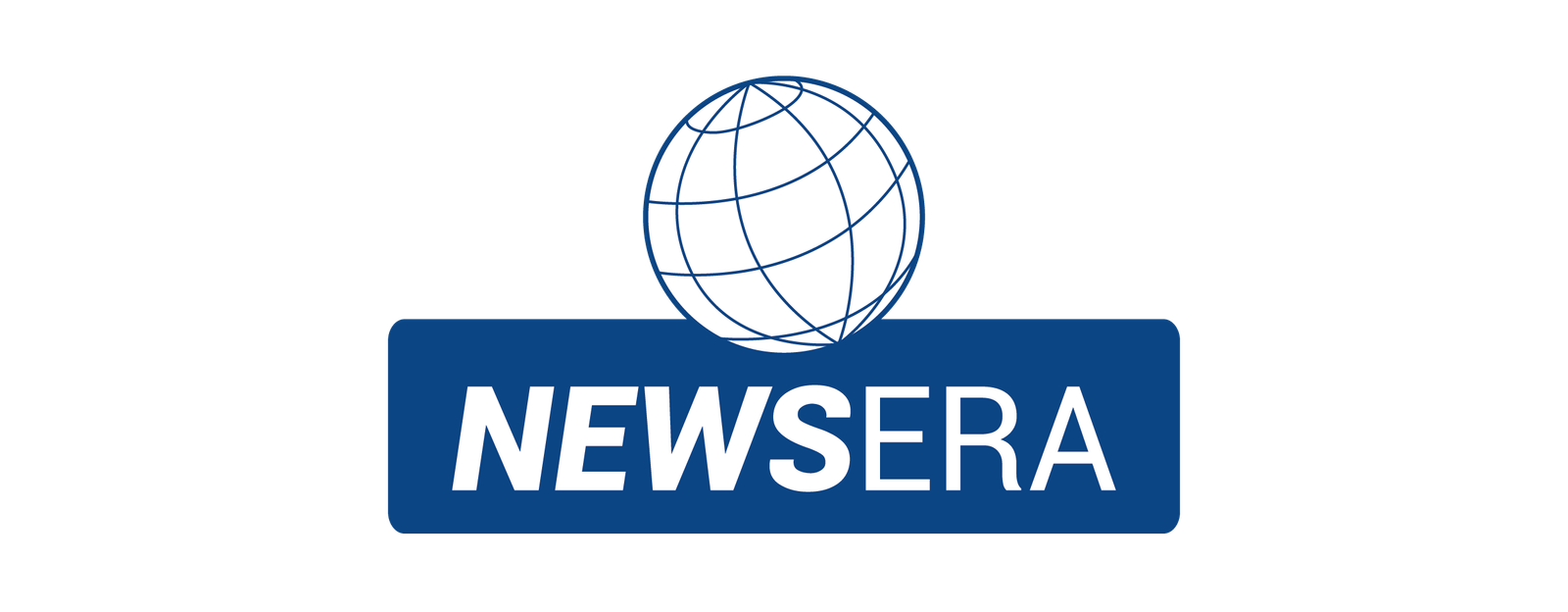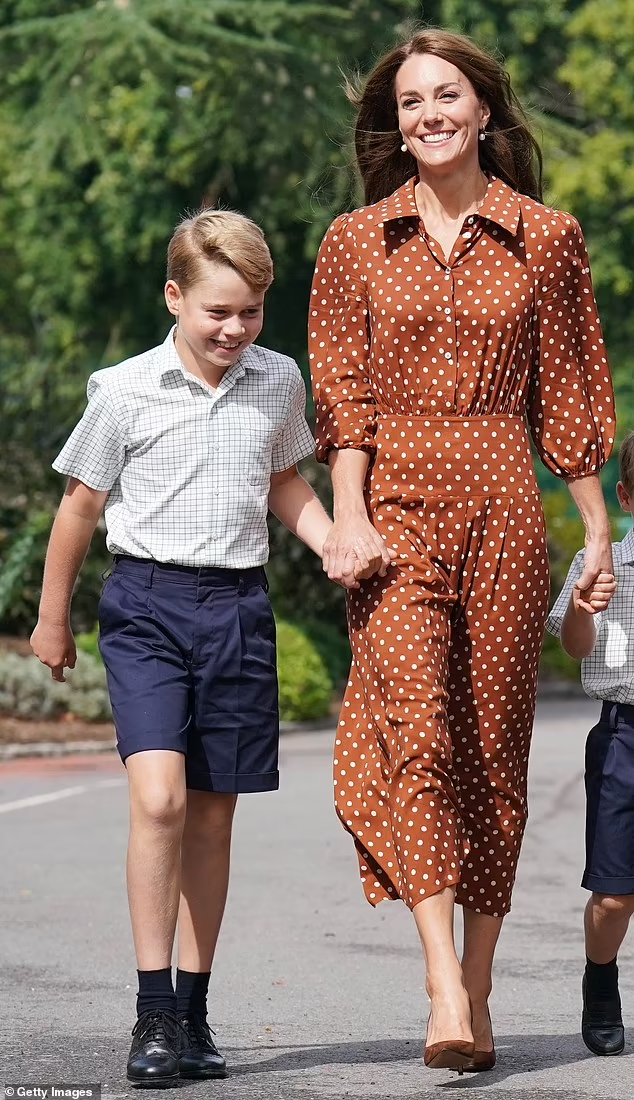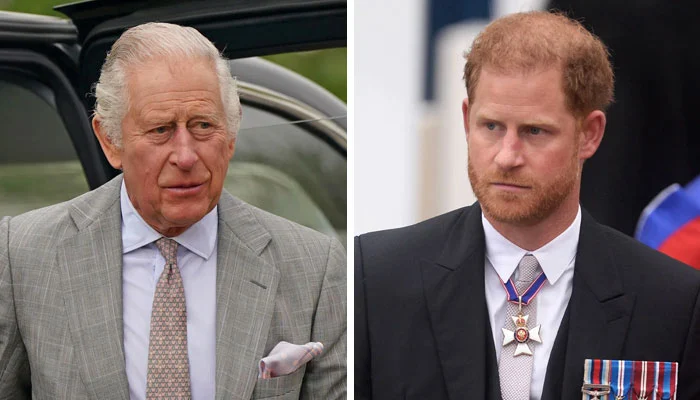Table of Contents
TogglePrince George’s Boarding School Decision: Balancing Tradition and Modernity
Image Credit: Daily Mail
Introduction:
Prince George, the eldest child of Prince William and Princess Kate, faces a critical milestone in his life: the decision about his boarding school education. This choice carries weight beyond the typical parental considerations, blending the age-old traditions of the British monarchy with the modern priorities of education. As the future king, George’s educational path will not only shape his character but also set a precedent for future royals. Let’s delve into the significance of this decision and explore how it embodies the delicate balance between tradition and modernity.
Read Also: prince william is reportedly drawing his arms around his family
The Royal Family and Education: A Historical Perspective:
The British royal family has long adhered to a tradition of boarding school education. Prestigious institutions like Eton College, where both Prince William and Prince Harry studied, have become synonymous with grooming future monarchs. This historical approach emphasizes discipline, leadership, and a deep connection to British heritage.
For centuries, these elite schools have provided royals with an environment where they could mingle with peers, experience structured education, and prepare for their public roles. From Queen Elizabeth II’s homeschooling to Prince Charles’s challenging experience at Gordonstoun, each educational path reflects the expectations and challenges of the time.
Modern Expectations for Education:
In today’s world, education goes beyond academic excellence. Modern parents seek schools that nurture creativity, emotional intelligence, and global awareness. This shift in expectations resonates even in royal circles, where there’s a growing emphasis on blending traditional values with contemporary needs.
Prince William and Princess Kate have shown a strong inclination toward progressive parenting. Their decisions for Prince George and his siblings, Charlotte and Louis, reflect a desire to provide a childhood that’s as normal as possible despite their royal status.
Prince George’s Unique Position:
As the future king, Prince George’s education is not just a private matter but a national interest. His schooling will play a crucial role in shaping his ability to lead, connect with the public, and uphold royal traditions. However, balancing the weight of this responsibility with the need for a well-rounded upbringing is no small task.
George’s unique position as third in line to the throne demands a thoughtful approach to his education, ensuring he develops the skills needed to navigate the complexities of modern monarchy.
Why Boarding School?
Boarding schools have long been associated with the royal family for good reason. They provide an environment where children can develop independence, resilience, and leadership skills. For Prince George, attending a boarding school could offer a valuable opportunity to interact with peers from diverse backgrounds while enjoying a structured and supportive environment.
Moreover, boarding schools often emphasize character-building activities, from outdoor challenges to team sports, which are crucial for developing future leaders. These schools also prepare students for public speaking, networking, and diplomacy—all essential skills for a monarch.
Notable Boarding Schools Considered:
When choosing a school for Prince George, the royal family is likely to weigh several options. Traditional institutions like Eton College, which educated Prince William and Prince Harry, are strong contenders. Known for their academic rigor and emphasis on leadership, these schools carry a legacy intertwined with the monarchy.
However, modern alternatives like Brighton College or Wellington College might also be on the table. These institutions balance academic excellence with a focus on holistic development, offering diverse extracurricular opportunities and fostering global perspectives. Choosing a modern school would signal a willingness to adapt to changing times while retaining high standards of education.
Balancing Tradition with Change:
The royal family is no stranger to the challenge of balancing tradition with progress. In education, this means finding an institution that respects the historical connection between royalty and certain schools while embracing new approaches that align with contemporary values.
For instance, Prince William and Princess Kate may prioritize emotional well-being, inclusivity, and adaptability in their decision-making process. A school that combines these modern values with the time-honored principles of discipline and leadership would represent the perfect balance. By making such a choice, the royal couple would exemplify how to honor tradition while embracing necessary change.
Global Trends in Royal Education:
The British monarchy is not alone in rethinking educational paths for young royals. Across Europe, royal families are opting for institutions that reflect both modernity and cultural heritage. For example:
- Princess Elisabeth of Belgium attended UWC Atlantic College in Wales, known for its international ethos and focus on sustainability.
- Princess Leonor of Spain followed a similar path, emphasizing global citizenship and modern leadership.
These trends highlight a shift toward preparing royal children for a world that values collaboration and innovation. By considering such examples, the British royal family can ensure that Prince George’s education aligns with global standards of excellence.
Public Reactions and Opinions:
Every decision made by the royal family invites scrutiny, and Prince George’s schooling is no exception. While many will support the choice of a traditional institution like Eton, others may call for a more modern, inclusive option. Public sentiment often reflects broader societal debates about education and privilege.
Critics might question whether boarding school aligns with the values of today’s younger generation, while supporters will argue for the benefits of structure, independence, and leadership that such schools provide. Regardless of opinions, the choice will undoubtedly spark lively discussion and analysis.
The Role of Prince William and Princess Kate:
Prince William and Princess Kate have always emphasized their roles as hands-on parents. Their decision regarding George’s education will likely reflect their parenting philosophy—a blend of traditional values and modern sensibilities.
They have already demonstrated a commitment to providing their children with as normal a childhood as possible, balancing royal responsibilities with everyday family life. This decision is no exception; it will be shaped by their deep understanding of the pressures and privileges that come with royal life.
The Importance of Character Development:
Education plays a critical role in shaping a person’s character, and for someone in Prince George’s position, this is especially vital. Boarding schools often emphasize character-building as much as academic achievement. Qualities such as resilience, independence, teamwork, and empathy are fostered through challenging academic schedules, extracurricular activities, and communal living.
For a future monarch, these attributes are invaluable. George will be required to lead with a strong moral compass, make tough decisions, and connect authentically with people from all walks of life. The right boarding school could provide the framework for developing these skills, ensuring he grows into a compassionate and capable leader.
Moreover, such institutions often encourage students to engage in service-oriented activities, cultivating a sense of responsibility and humility. These experiences can be instrumental in preparing George for his future role, ensuring he remains grounded despite his extraordinary position.
Preparing for a Public Role:
Prince George’s education is not just about academics but also about preparing him for the public responsibilities that await him. Boarding schools often provide training in public speaking, debate, and diplomacy, equipping students with the confidence and eloquence needed for public life.
Additionally, the networking opportunities offered by elite schools can be invaluable. George will form lifelong friendships and professional connections with future leaders, innovators, and changemakers. These relationships will be crucial as he steps into his role as a global figurehead.
The structured environment of boarding school also prepares students to handle pressure—an essential skill for someone who will spend their life under the public eye. George will learn how to navigate challenges and maintain composure, skills that are as critical for a king as they are for any leader.
Potential Challenges:
Despite the many benefits of boarding school, there are potential challenges that must be considered. For Prince George, privacy is a major concern. As a high-profile student, he may face intense media scrutiny, which could make it difficult to experience the normalcy his parents strive to provide.
There’s also the pressure to meet high expectations—academically, socially, and personally. The competitive environment of elite schools can be demanding, and it’s essential that George receives the support he needs to thrive. Finally, being away from family at a young age can be difficult, even for royals. Prince William and Princess Kate will need to ensure that George feels supported and connected to his family during this transitional phase.
The Future of Royal Education:
Prince George’s schooling decision could set a new precedent for the British royal family. As society continues to evolve, the monarchy must also adapt, and education is a key area where this change is visible. By choosing a school that reflects both tradition and modernity, the royal family can signal their commitment to remaining relevant in a changing world.
This decision could also influence how future royal children are educated, blending the best of the old and the new. Whether it’s embracing a more progressive approach or reinforcing time-tested traditions, George’s education will undoubtedly shape the path for generations to come.
Read Also: prince william is reportedly drawing his arms around his family
Conclusion:
prince george boarding school decision is far more than a personal milestone—it’s a moment that reflects the ongoing evolution of the British monarchy. By carefully balancing the traditions that define the royal family with the modern values that shape today’s world, this choice underscores the adaptability and relevance of the institution.
In choosing the right school for their eldest son, Prince William and Princess Kate are making a statement about their vision for the future of the monarchy. It’s a delicate balance, but one that holds the potential to inspire and influence the next generation of royals—and perhaps the entire nation.
FAQs:
1. Why is Prince George’s education such a significant decision?
As the future king, Prince George’s education will shape his character, leadership skills, and ability to connect with the public. It’s also a reflection of how the monarchy balances tradition and modernity.
2. Which boarding schools are being considered for Prince George?
Institutions like Eton College are likely contenders, but modern schools such as Wellington College or Brighton College may also be considered.
3. How will boarding school benefit Prince George?
Boarding schools provide structure, independence, and leadership training, all of which are essential qualities for a future monarch.
4. What challenges might Prince George face at boarding school?
Challenges include maintaining privacy, handling the pressure of high expectations, and adapting to being away from his family.
5. How does this decision reflect broader trends in royal education?
Prince George’s education mirrors global shifts among royal families, who increasingly prioritize modern values like inclusivity and global awareness while respecting their heritage.




